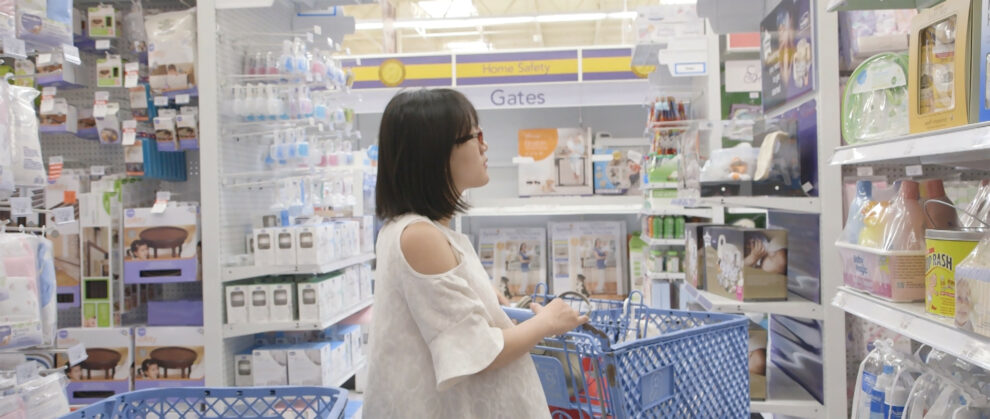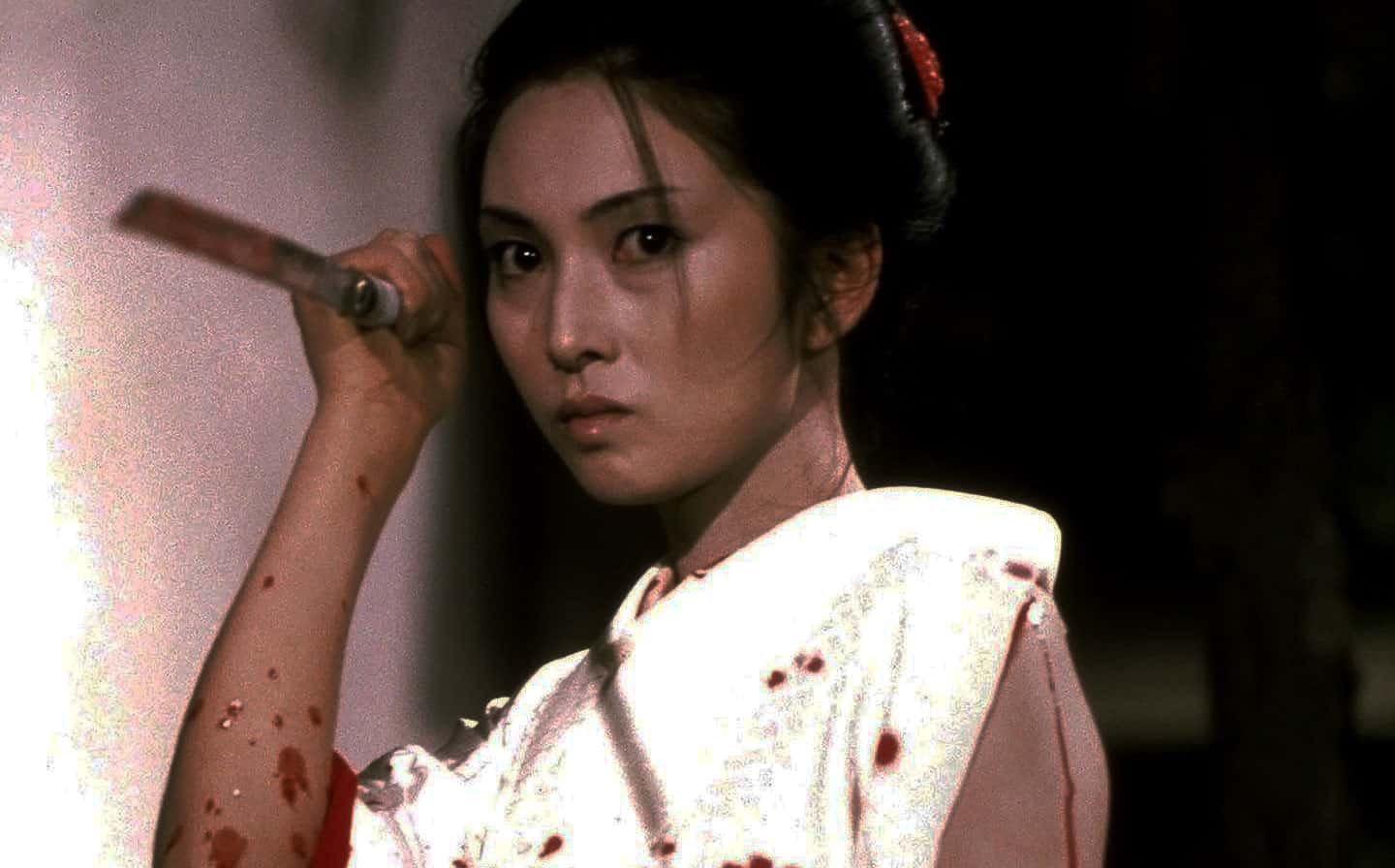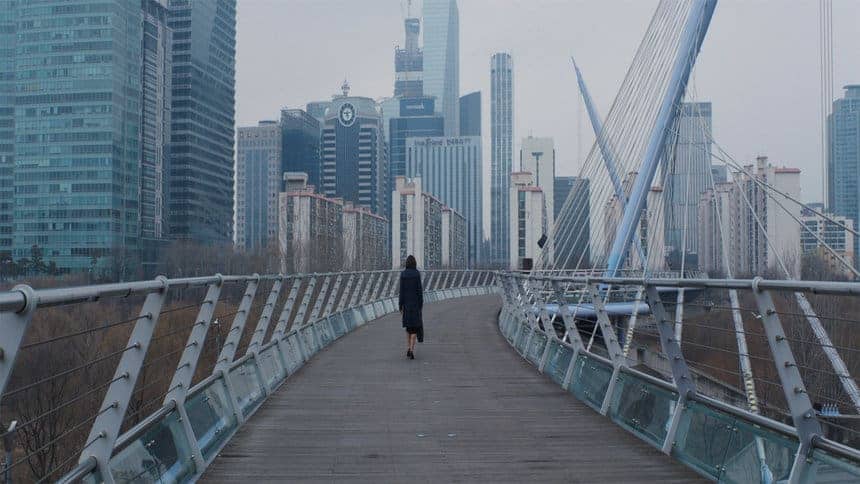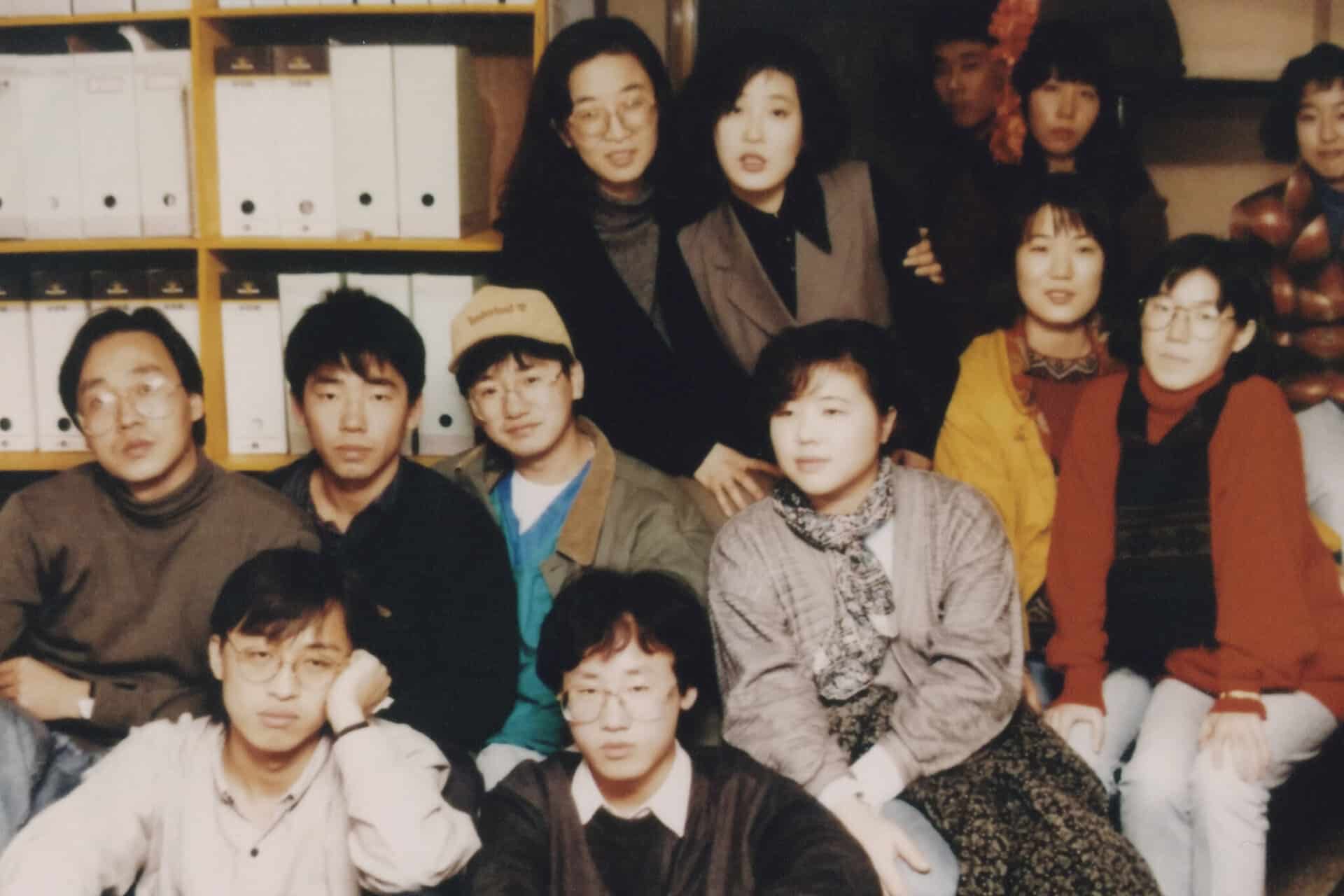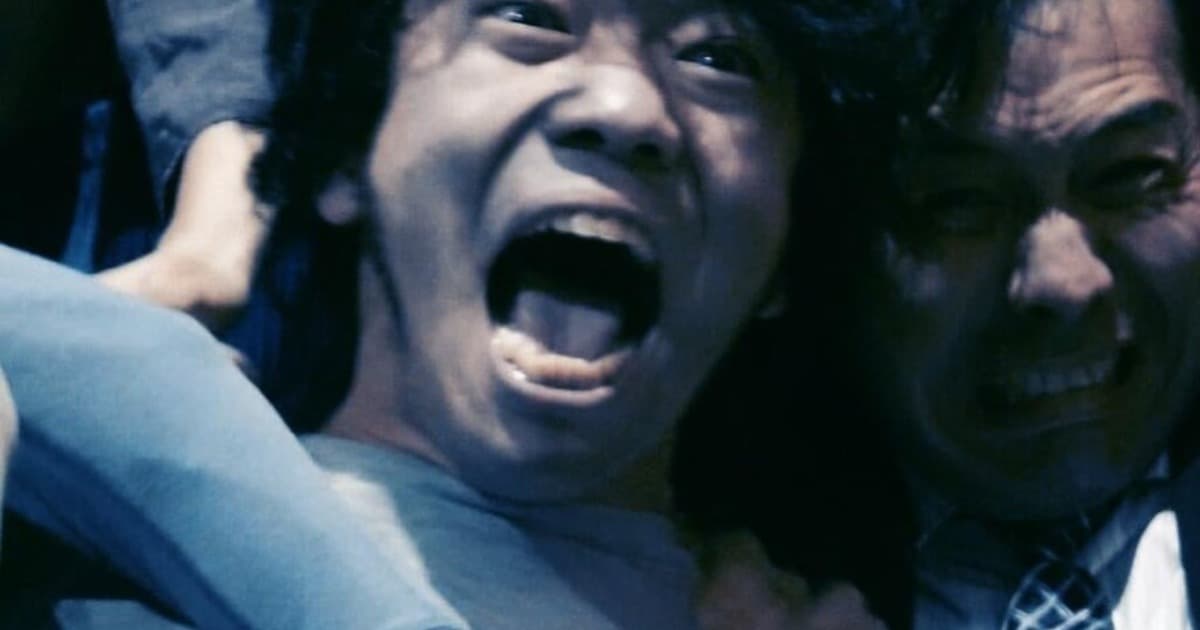What is the American Dream? the Oxford English Dictionary defines the American dream as “the ideal that every citizen of the United States should have an equal opportunity to achieve success and prosperity through hard work, determination, and initiative.” However, no one has the exact same idea of it; there are many different views on what the American Dream is. Many refer to the US as a land of freedom, but different generations have defined freedom differently. There is without a doubt, a great deal of the aforementioned hard work, determination, and initiative in a growing troop of Chinese women and families pursuing the dream and earning their way to a better life through having a baby with U.S. citizenship. With her work “How to Have an American Baby” that is a result of years of intensive commitment, Director Leslie Tai documents and exposes the controversial occurrence known as “birth tourism”.
How to Have an American Baby makes its NY premiere on Nov. 14th at DOC NYC and is available to stream nationwide in the U.S. through Nov. 26th.
Palm trees, quiet and tasteful condos, garden pools, sunny leafy avenues, wide, windswept sandy beaches are the picture-perfect details of a sleepy suburban area of Los Angeles County, where American pensioners, young muscly beach boys and heavily pregnant Chinese women cross paths. The latter, who might sound like the odd ones out, are in fact becoming a recurrent feature of the area. Behind the tranquil façade of these unassuming apartment compounds, a whole industrious and hard-working bunch of team members of a fast-growing Chinese trade, assist in every way the women who travelled to U.S. in order to give birth to their children, in a country that enforces the “Jus Soli” (unconditioned birth-right citizenship). Indeed, the Fourteenth Amendment to the United States Constitution guarantees U.S. citizenship to those born in the United States and these children (often referred as “anchor babies”) will be able to benefit from public schooling, healthcare, and eventually they could help their parents obtain permanent residency in the country.
Check also this interview
Southern California is only one of many centres of the maternity tourism industry, which caters mostly to Asian women from China and Taiwan, with packages prepared by purpose-designed Travel Agencies in Beijing and Shanghai, complete with lodging, services and medical care, catering for an affluent middle class. A recent update from the author informs us that the Chinese birth tourism industry went on a hiatus during the COVID-19 pandemic and it is uncertain what will happen in the future, especially after the deterioration of political relationships between U.S. and China. The peak of the birth tourism happened between 2012 and 2016, coinciding with China surpassing the U.S. as the largest economy in the world. Authorities in the interested cities have closed several maternity tourism “hotels”, but the industry is difficult to eradicate since it is not illegal for a pregnant woman to travel to the U.S. if she states her intentions to give birth in the country (although new policies have been adopted now, to make the process more difficult).
Director Tai has chosen to adopt a “Fly on the wall” filmmaking style; her work is an observational documentary, characterized by a passive and unobtrusive approach, her aim is to capture everyday life of her subjects and events as they naturally unravel, without direct intervention or influence. Therefore, the narration slowly unfolds and takes its time to reveal its content. We firstly observe the staff that revolves around the business: nannies, drivers, chaperons, and a group of expectant women leisurely discussing on the beach, exchanging their travelling and visa capers. Grasping the extent of this phenomenon is not immediate; we later follow slices of life of women who choose to endure the process and give birth in an unfamiliar – and at times hostile – environment, some with a satisfactory outcome and some other less fortunate, and we also witness the reaction of the local community, frustrated by the knowledge that everything that is happening around them is fundamentally legal and therefore a slippery affair.
Extended takes and long shots allow the audience to witness events in real-time without frequent cuts or editing. This helps maintain a sense of continuity and authenticity. The primary aim is to capture real-life situations and human behaviour as authentically as possible. The epitome of it is a climax scene where one of the women finally gives birth in a hospital. Viewers are led to an immersive and authentic experience and feel like they are present in the observed environment, experiencing the birth first-hand. It's a scene very hard to digest, not quite because of the frankness of the images, but especially because it puts you in the uncomfortable place of observer of a human being in an extremely intimate and vulnerable situation. It is certainly a proof of the in-depth trust that Tai has earned in years of networking.
To conclude, “How to Have an American Baby” is a remarkable and mature work that not only documents a relatively unknown phenomenon and is a testimony to Chinese socioeconomic microcosm in a constant flux, but also a moving and thought provoking snapshot of women in Chinese society.


